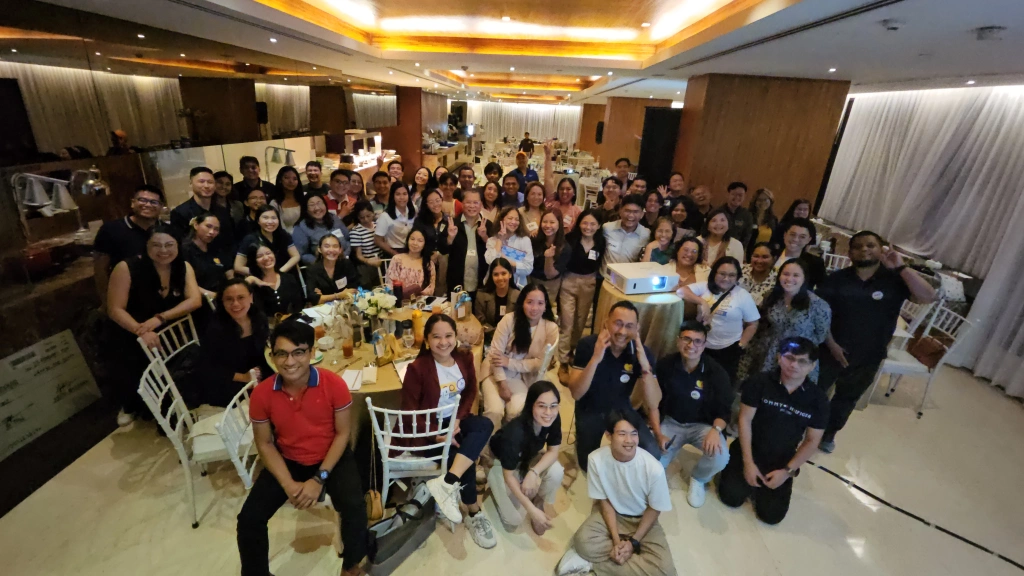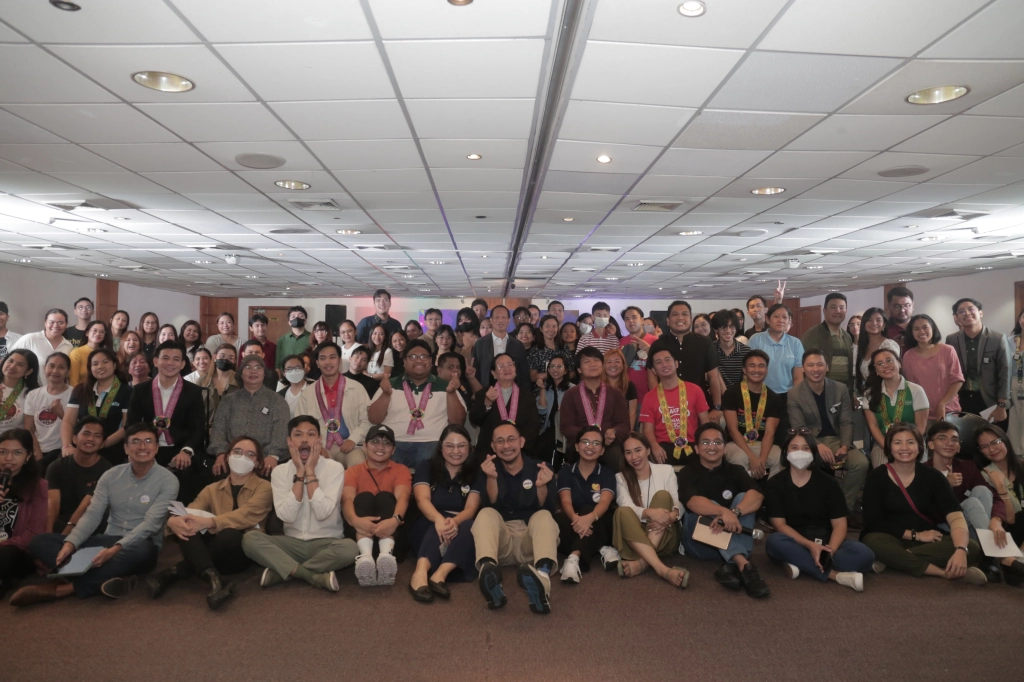For Catholics, Lent depicts the maxim no pain, no gain. It is a period of self-sacrifice, symbolic of the 40 days Christ spent in prayer and fasting preparing for His mission – the salvation of mankind. That overcoming hardships is imperative in exceptional pursuits is a lesson imparted to by Lent to all – Catholic or not.
The definition of Lent now encompasses long weekends, vacations and family reunions. However, let this also be a time for contemplation and revisiting our virtues. And as we are also celebrating Women’s month, here are reflections from the lives of extraordinary women of faith. To inspire us, and to commemorate this special season.
Service is the end, not the means.
At age 12, Agnes became a missionary. Continuing her holy journey at 18, she left home to join a religious community. She was then sent on a mission in Calcutta, India. There, she took her vows as a nun and served as a teacher for 17 years.
Seeing the dire state of the people outside the convent awakened a deeper calling in her. The sick silently dying on the gutters, the old begging on the streets, the lepers ousted by the society, the homeless, the poor and the unwanted. These are the people she sought and cared for, leaving the comfort of the convent to live among them. She founded the Missionaries of Charity, a religious congregation dedication to this purpose.
Her initiatives sparked a positive change in the local and international community. Aids and support came. She was awarded the Nobel Peace Prize and recognized by other organizations. Her examples inspired humanitarian works throughout the world. Today, the Missionaries of Charity conducts missions in over a hundred countries.
“Love cannot remain by itself – it has no meaning. Love has to be put into action, and that action is service.” These are the words of Mother Teresa, this is her story.
Many Catholics are led to believe that good deeds are a way to be rewarded. That kindness is the price to pay for a ticket to heaven. Somehow, service is thought of as means to an end. Yet, our teachings are designed to awaken our spirits. Christianity’s aim is to translate worship, prayer and faith into something tangible. Service is an end; it should be our highest goal.
Money is not the root of all evils.
Katharine was born an heiress to immense wealth. His father, an international banker, is business partner to JP Morgan. She obtained education from private tutors. She traveled to different parts of the United States. She can live a life of luxury, if she chose to. Well the choice is obvious, or maybe not.
Kath grew up in a religious family. Their greatest riches aren’t so much in what they have as it is in what they give. His father is a prayerful man and they open their home to distribute food to the needy. They reach out to the people who cannot come to them.
At 31, she abandoned affluence and devoted her life to serve the Native Americans and African American across the United States. She funded various institutions and established schools. She also led many charitable missions. For these noble causes, she used her own inheritance – more than 12 million dollars of it.
St. Katharine Drexel, the world’s wealthiest nun, was canonized in 2000.
Money is neither good nor evil; it is a mere instrument – devoid of meaning until we give it. It is the human mind that creates meaning; it has freewill to do so. We are given this instrument, the way we use it is up to us – to live in comfort, to advance ourselves, to enjoy the finest things, to do great good or great evil. Now, the choice is ours and choice is obvious, or maybe not.
Let kindness be our religion.
As a girl, Isabel vowed to a life of holiness. Her family, though, received her resolve with grave opposition. But despite this, she continued to lead a prayerful life. She did serious penances too, some of which were painful and severe.
Of exceptional beauty, Isabel is often called Rose. But she thought of her pretty face as diversion from a religious path. Thus, she intentionally damaged it to deter suitors.
After 10 years, her parents finally relented and allowed her to join a religious order. But they didn’t permit her to live in a convent. She instead lived in solitude in the family’s garden.
Despite being a recluse, she was highly dedicated to the sick and the hungry in the community. Visiting hospitals and even taking them to her hut to care for them.
Rose of Lima became a Saint in 1671.
Religion is an outward expression of faith – an outlet for people of common belief to come together and pursue godly intentions. Though sometimes, when our religion is challenged, so is our faith. And this is when we need to redirect our beliefs to our inner selves. To have a firmness of conviction. To have a resilient trust that overwhelms the fears, difficulties and oppositions. To have the courage to do things that might seem bizarre to those who believes otherwise.
Lead with love, not with pride.
Elizabeth is a real-life princess. Though unlike the kind little girls dream to be, she led a very simple life. No pretty dresses or shiny gems in tiaras. She instead took on the responsibilities of a royalty at a young age. Married to the ruler of Thuringia at the age of 14, they jointly reign over the people.
Her political affiliation didn’t taint her prayerful and charitable nature. Rather, she used this advantage to extend help to the needy. Generosity is the hallmark of her leadership. She took bread to the poor and cared for the victims of diseases and calamities. She gave away royal clothing to people. She built hospitals and took in thousands of poor, personally attending the ill.
This is the life of St. Elizabeth of Hungary. She was canonized in 1235.
Modern society insists on the separation of church and state. They are independent units, yes. The reality though is more complex. To attain a truly harmonious system, demands that they be interdependent too. The government aims to serve the people, so is the church, so where’s the discord? St. Elizabeth’s life set a precedent. The church and the state aren’t incompatible, they’re complements.
Do little things with great love.
She is a call center agent giving up two sleeping hours to join Teacher Fe in tutoring kids at A Journey of Hope.
She is a freelance graphic artist teaching stick figure drawings to children at He Cares Foundation.
She is a full-time administrative assistant spending her Saturdays helping Mang Urot feed the hungry.
She is a collection supervisor on a birthday leave to play catch up and spend time with the children at 2KK.
She is a mass communication student climbing mountains with her barkada to plant treelings.
She is an eco-volunteering housewife helping manage plastic garbage to be processed and made into hollow blocks.
She is a receptionist joining outreach programs to distribute food, clothing and grocery items to indigents.
She is a CEO signing a check donation to a non-profit organization close to her heart.
There is no end to the list. Whatever little thing she can, she does. And she does so with great love.
She is your sister, your daughter, your teacher, your colleague, your friend. Now, she isn’t a saint – but who knows? Historic days are once upon a time just ordinary ones.
This is her story. This can be yours.
Gie Maningas, iVolunteer Philippines








Leave a comment